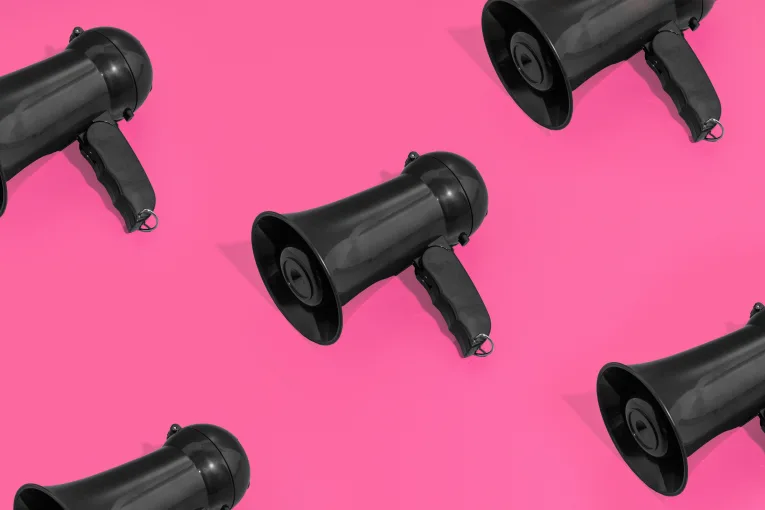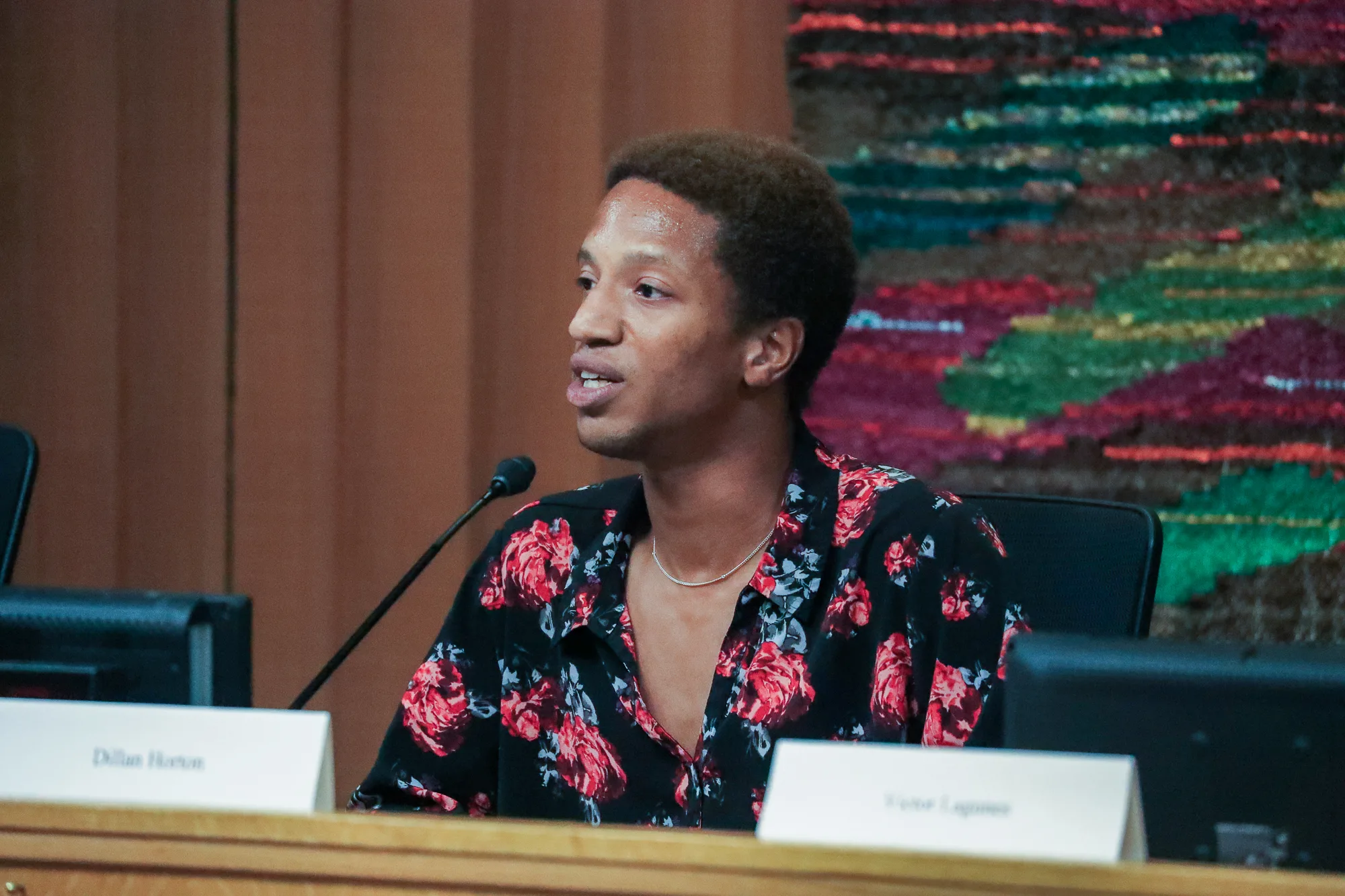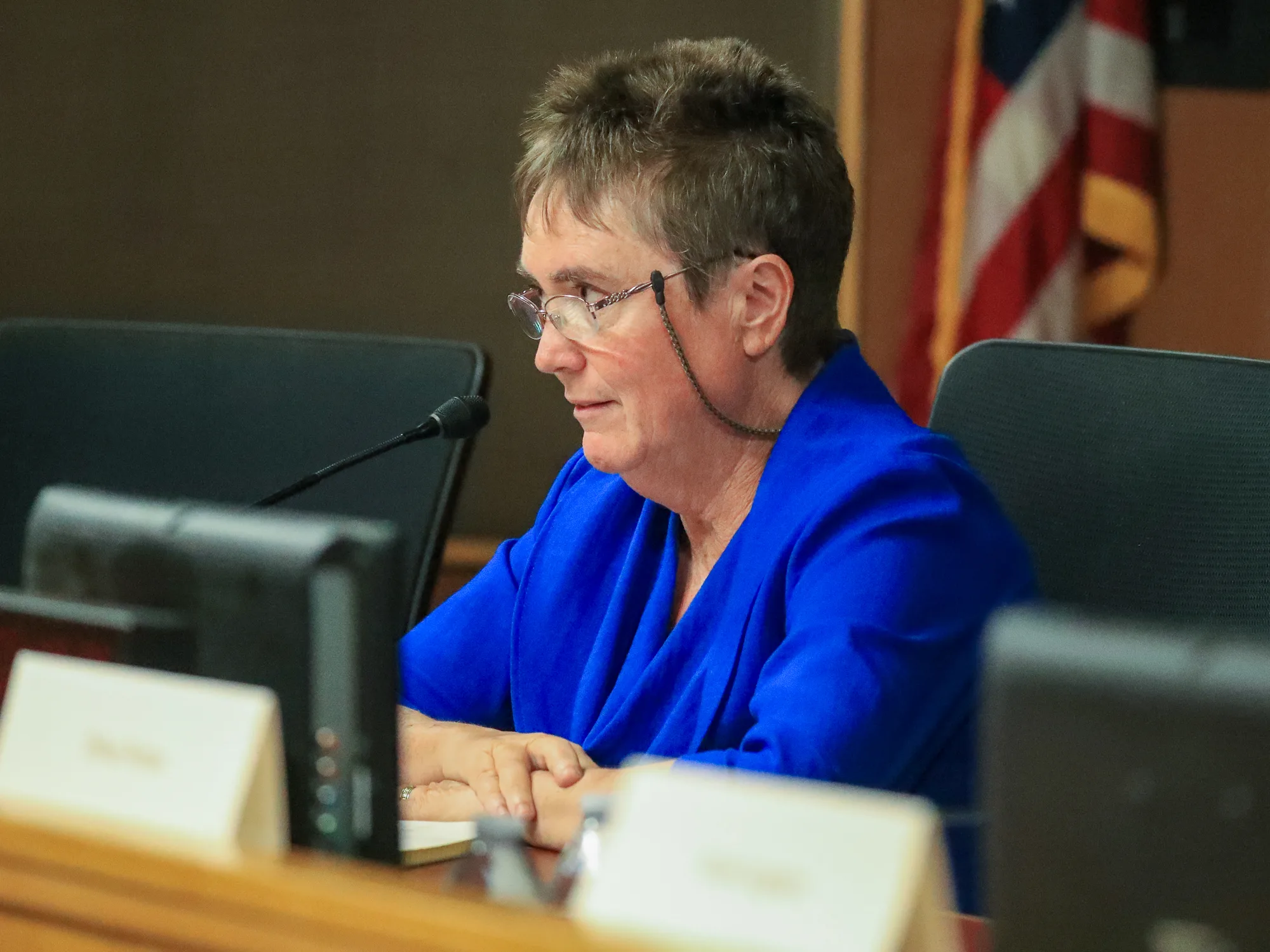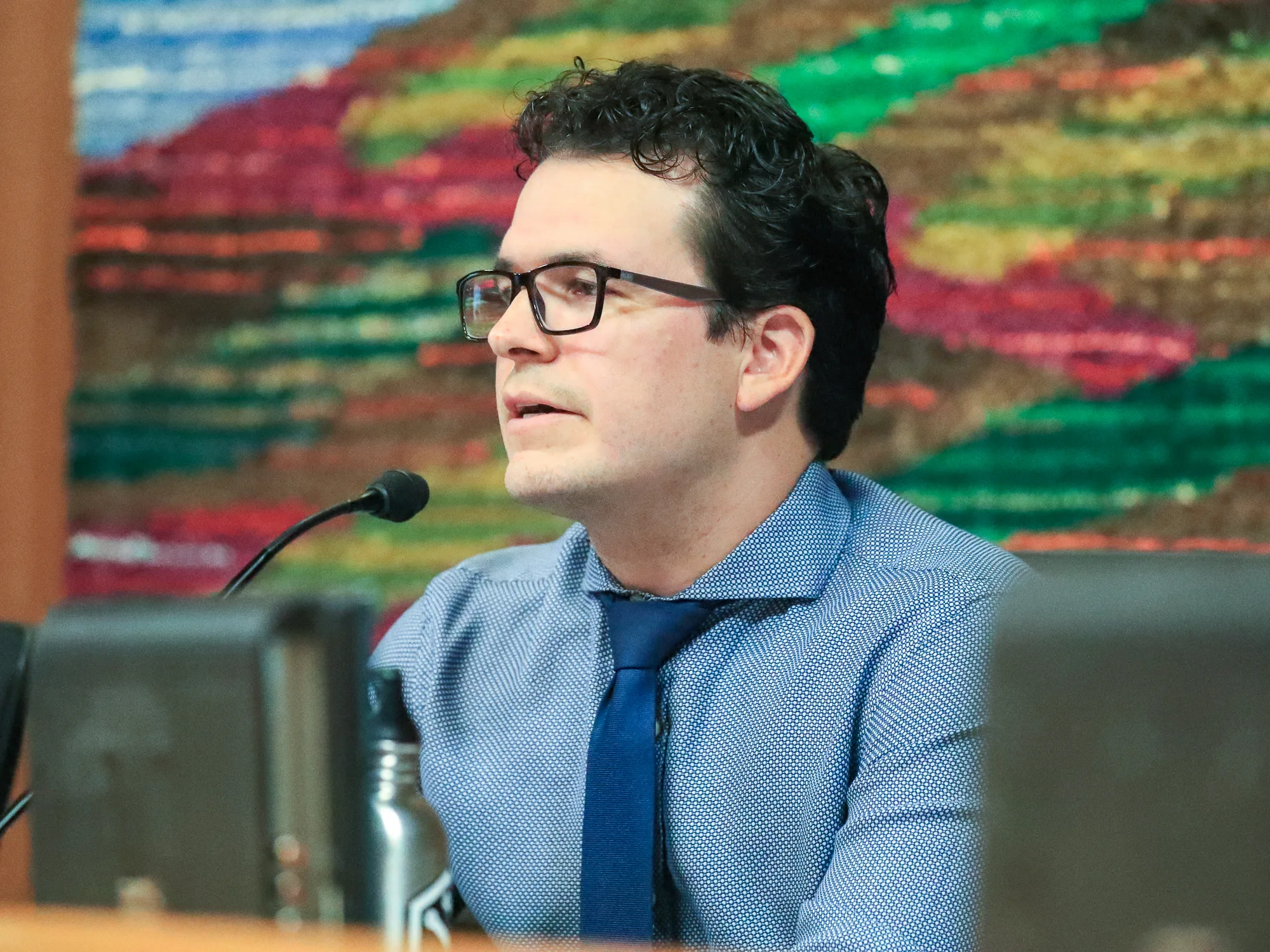
Every week between now and the November Election, the Vanguard will ask the District 2 Candidates (the only contested council election this year) one question. They are asked to limit their response to 350 words.
Question 4: As a council member, what steps would you take to improve communications with the public and foster community trust and participation?

Dillan Horton
Throughout this campaign, my policy proposals have been inspired by the concerns I have heard from Davis’ diverse residents. I aim to represent all Davisites in need, especially working-class residents. My commitment to engagement is evident: I was the first candidate to table at the Davis Farmers Market, we were the first campaign to start canvassing, knocking on thousands of District 2 doors, and I have organized meet-and-greets to connect with voters and learn their concerns. As a Councilmember, I will host regular community meetings to invite workers, business owners, and residents from various backgrounds to share their needs & interests.
Trust in the City Council is lacking because it often fails to prioritize the issues that matter most to voters. You can look at the #MaceMess or the overall state of our roads and bike paths as an example. To rebuild trust in our participatory democracy, we must put our efforts toward addressing the issues residents have the most acute concerns about.
For example—as a renter in North Davis on Alvarado Avenue, I see the outdated infrastructure that has left many neighborhoods with unsafe streets & paths. If elected, I will establish a participatory process to address the most urgent community issues first, including the housing shortage and decaying infrastructure. It’s essential to proactively include voices often left out of local government discussions, such as students, families, and lower-income seniors.
To improve communication and foster trust, our City Council must connect with voters proactively. I will continue to use social media to keep District 2 informed about council activities and welcome feedback on issues of concern. During the campaign I’ve established a public phone number & email where Davisites reach out to me with questions, and I would aim to keep those lines of communication open, so I can remain as accessible as possible. I am committed to promptly addressing residents’ questions and requests for meetings, and I encourage others in office to do the same. My goal is to create an open, proactive dialogue with constituents, ensuring that every voice in Davis is heard and valued.

Linda Deos
As a council member, improving communication with the public and fostering community trust would be a top priority. I would take the following steps:
Accessibility: If elected, I will hold regular coffees around town for anyone in the community to come and discuss any issues with me and other City officials. This can range from big decisions coming down the pipeline to more individual problems like a specific pothole and permit being held up.
Consistent Updates: I will also send a personal newsletter to any constituent who signs up to receive them. I want to be able to reach out to the community to let them know what issues I am working on and also make sure they are seeing important City updates.
Increase Transparency & Collaboration: I would advocate for regular, clear updates on city projects, budgets, and decisions. This means promoting opportunity for feedback and input before final decisions are made. I would attend DDBA and Chamber of Commerce meetings to hear directly from our business community. I want to make sure there is a seat for everyone at the table to give their input. While every piece of input or suggestion can never be implemented, it is critical that we know what our constituents are thinking.
By prioritizing open communication and community engagement, I believe we can foster stronger trust between the city council and the public, ensuring a collaborative approach to addressing Davis’ needs.

Victor Lagunes
Anyone who has watched a city council meeting knows communication between elected officials and their constituents can get contentious. However, I am uniquely prepared to handle this: I spend every working day with junior-high kids.
In all seriousness, communication is a crucial skill for an educator and a union leader. Whether to Board Trustees, fellow educators, or my US History students, I need to convey information, construct a clear analysis, and outline the steps from planning to finished product.
Many of the recent breakdowns in trust between the city council and Davis residents can be attributed to incomplete or uncompleted communication—that is, giving too little information to understand what is happening, or having the communication fall short of reaching the audience.
Leadership has taught me that if you build it, they will not come. Rather than expecting my audience to come to me, I need to step forward and meet my audience where they are.
As DTA President, I visit school sites so I can understand the full context of teachers’ experiences. As an active board member of the Davis Community Action Network, I participate in numerous listening sessions, in person and over Zoom, each planned to be accessible to our targeted audience. But often, I find the most meaningful information in casual encounters: running into neighbors at the grocery store, chatting with school parents at the Farmers Market, or striking up a conversation at a community event.
I will maintain a flow of communication between Davis residents and myself as their representative by formalizing these types of interactions. Campaign Meet & Greets have been very informative, and I would like to continue similar events to promote dialogue if elected. Leveraging social media in my campaign has helped me reach my audience, but also helps keep me informed about what is happening in our community and how people feel. I’m inspired by Jenny Tan’s video series and would like to do something similar for my constituents.
Above all, as a teacher and an organizer, I believe that being accessible and listening to the community will always yield the best results.

Victor Lagunes began discussing city/community communications this way:
“Anyone who has watched a city council meeting knows communication between elected officials and their constituents can get contentious. However, I am uniquely prepared to handle this: I spend every working day with junior-high kids.”
Interesting Metaphor to choose.
LOL re: Alan H’s metaphor though I think it’s actually allegory…. Interactions in junior high certainly have participation from bullies.
Specifics offered by all three candidates are mainly about their personal activities not relating to the Brown Act etc. That’s fine but when I saw the question I thought it was more about official City mechanisms.
I would alter or make robust the following:
1) Photos and bios of all Commissioners on the website. Years ago first steps were taken to give these sworn in volunteers City of Davis email addresses. I’m not sure why this didn’t get implemented. For people who don’t intend meetings in person due to the low quality of the video recording, it’s not clear what people look like, So when we are cutting in front of somebody in line for the proverbial artisanal tomato, we should know if it’s a Commissioner or or not! Seriously, some people are simply better known than others and this will help level the playing field a bit.
2) The system and used for not only the commissioner meeting recordings but the City Council and Planning Commission as well looks awful from anything but a large screen. It’s very low resolution. Small text doesn’t appear. It’s essentially an ableism issue.
3) Removal of cliches and imprecise language: We can see too much evidence of the former in the candidate answers above. But also the city does not have anything more than a few feet of “bike paths”: We have multi-use paths. This is a technical term but it also underscores the lack of infrastructure in the city that supports increasing efficiency, joy and safety and cycling (The campus has bike paths, really “cycleways”).
4) during the public comments at city council or commission meetings, give commenters the choice to speak as they do now after the presentation and clarifying questions OR after discussion (and before any specific process towards a motion and a vote).
Hmmm… Curious if the candidates read my comments. I don’t live in the district.
Traditionally/typically do candidates respond to comments in stories formatted like this one?